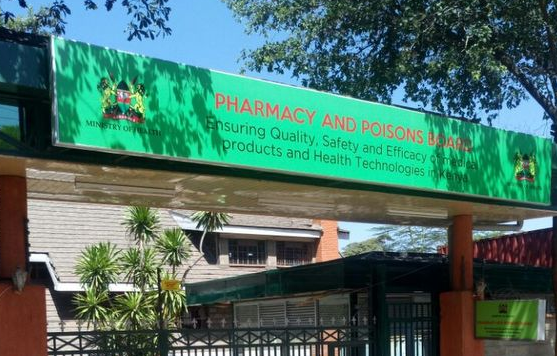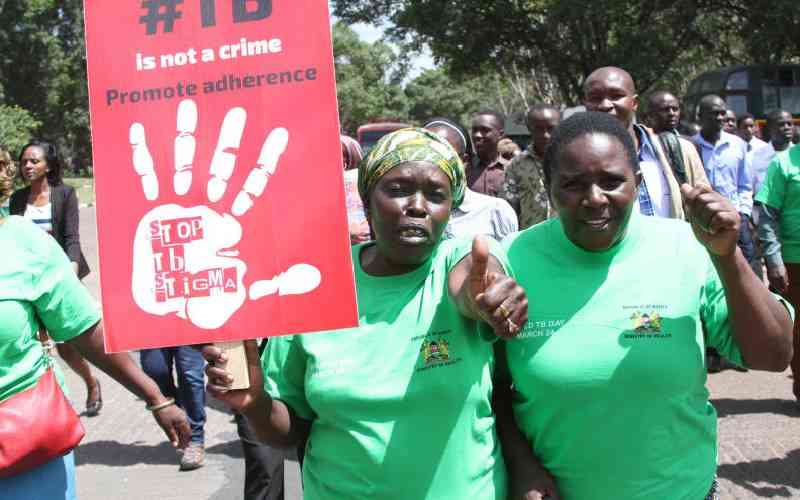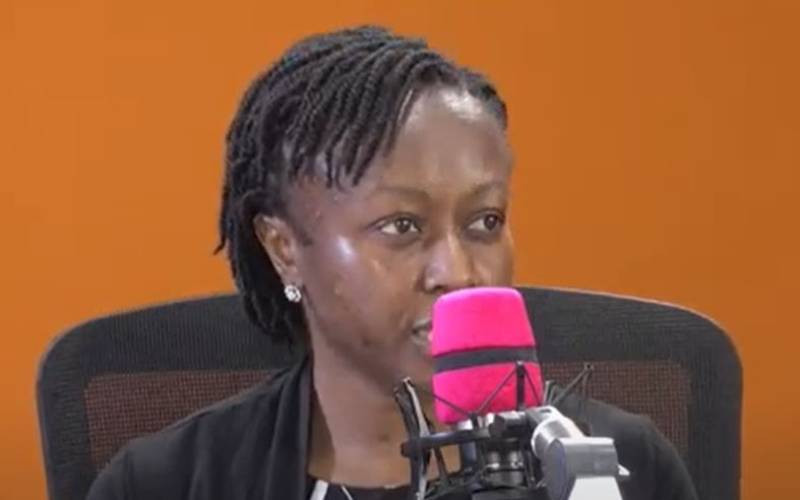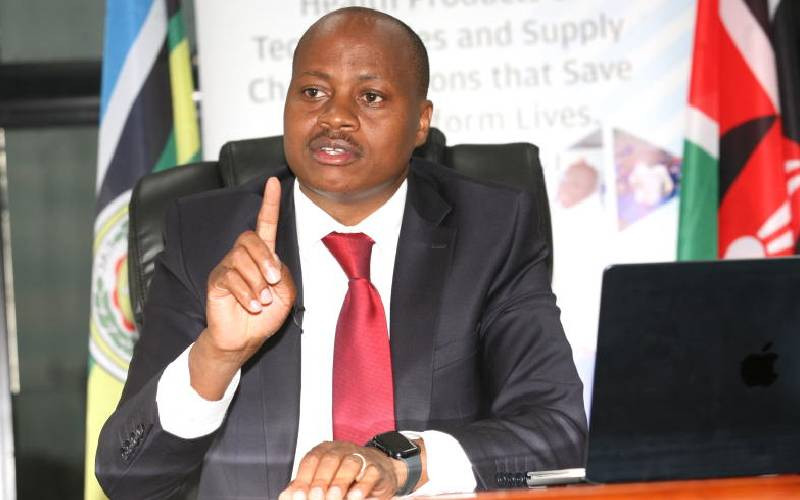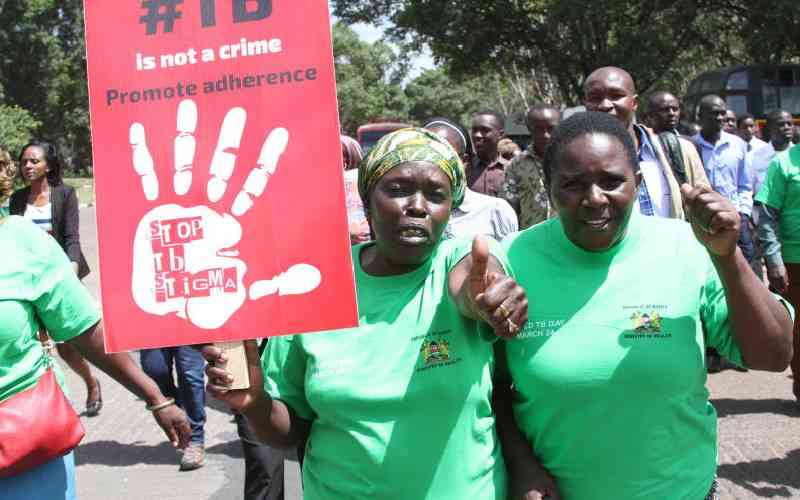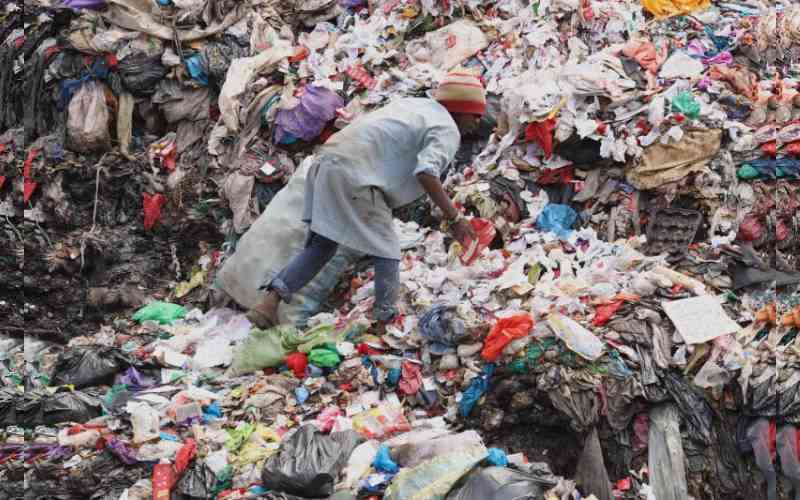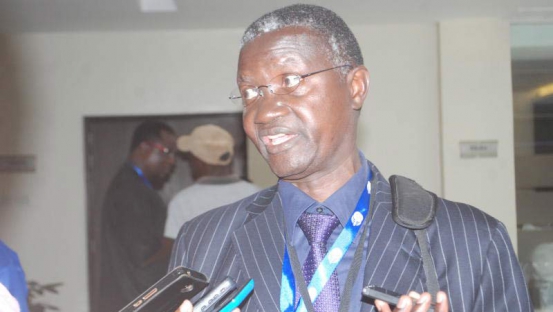
A form of cancer of the blood has been found to occur earlier in Kenyans compared to estimates from developed countries.
Chronic myeloid leukemia (CML) occurs at the age of 42 in victims in Kenya compared to the West where most patients are about 67 years old.
Prof Nicholas Othieno Abinya, says the cancer starts in the blood-forming cells of the bone marrow and later spreads to the blood.
Exposure to high dose radiation from atomic bombs is the only confirmed cause of CML whereas exposure to benzene is largely considered weak to cause the disease.
TREATMENT
However, Prof Abinya is calling for concerted efforts to understand better the factors that trigger the development of this type of cancer.
“Apart perhaps from exposure to atomic weapon or nuclear accident radiation, the causes of CML are not well understood, making a case for more research,” he said.
These and other findings on the prevalence, treatment and management of blood related cancers, are part of a new medical book released this week by Prof Abinya titled, “Drug management of haematologic neoplasms,” published by Jomo Kenyatta Foundation.”
He noted that the number of people exposed to radiotherapy and develop the disease is quite small hence advanced research is required from academic institutions and research bodies in Kenya, Eastern Africa and beyond.
“Abnormal white blood cells are over produced and the diagnosis can only be made through a blood sample that looks for the leukemia cells under the microscope,” says Prof Abinya who also heads the Haematology/Oncology, Department of Clinical Medicine and Therapeutics at the University of Nairobi and Kenyatta National Hospital.
He notes that a decade ago, this form of leukemia was common in men than women but the gap is narrowing as more people go for screening.
“The initial symptoms of this type of cancer begin as a discomfort on the upper side of the abdomen, red swellings beneath the skin and persistent headaches. We are currently investigating the behaviour of the disease in extreme cases where deafness and blindness occurred in some patients. Impotency in men has also been recorded,” Prof Abinya says.
The chances of recovery and treatment options vary from one person to another and depend on the patient’s age, stage of the disease, size of the spleen at diagnosis, the amount of overgrown cells in the blood or the bone marrow and the patient’s health.
In Kenya, targeted therapy is the standard treatment for CML where a daily oral drug therapy is given to patients to manage the cancer however, Prof Abinya notes that, it is an expensive drug that is out of reach for most patients.
“The average cost of treatment is about Sh200, 000 to Sh400,000 per month. Currently 1,000 patients are enrolled in a patient programme known as Glivec International Patient Assistance Program (GIPAP) Clinic at the Nairobi Hospital where they receive the drug at no cost.”
However a confirmatory test is required before the patients are enrolled into the programme estimated to be taking care of only a third of the patients in Kenya.
Prof Abinya cites bone marrow transplantation as another treatment option however it is not available in Kenya and it is only suitable for a select group of patients.
“This treatment is not suitable for everyone with CML. It is an intensive treatment using the stem cells or bone marrow of a donor, allogeneic transplant. However this form of treatment is not widely practised even in developed countries,” the don says. He decries the lack of well-equipped health facilities to treat and manage the cancer.
“We have few health facilities that have blood transfusion centres where we urgently need to get platelets as a form of treatment for patients with CML,” says Prof Abinya.
“However we need to train and mentor more specialists to manage these blood cancers. Kenya currently has about seven medical oncologists, seven haematologists, two paediatric oncologists and eight specialists in clinical oncologists to take care of a 46 million population,” he adds.
During the book launch University of Nairobi Vice Chancellor Peter Mbithi joined the rally calling for more specialists in cancer research and treatment, better equipped facilities and public awareness in the fight against cancer.
- The writer is Health and Medicine Editor at The Conversation Africa
 The Standard Group Plc is a multi-media organization with investments in media platforms spanning newspaper print
operations, television, radio broadcasting, digital and online services. The Standard Group is recognized as a
leading multi-media house in Kenya with a key influence in matters of national and international interest.
The Standard Group Plc is a multi-media organization with investments in media platforms spanning newspaper print
operations, television, radio broadcasting, digital and online services. The Standard Group is recognized as a
leading multi-media house in Kenya with a key influence in matters of national and international interest.

